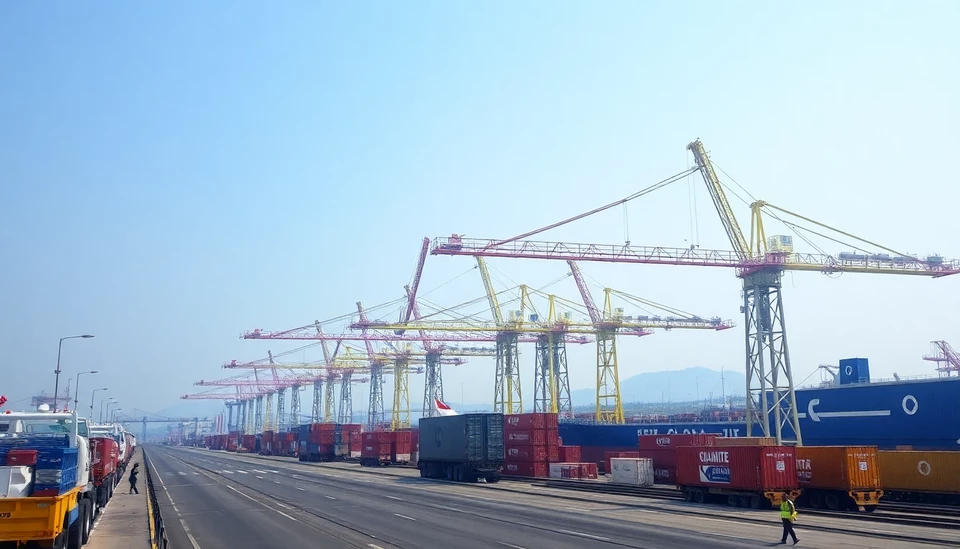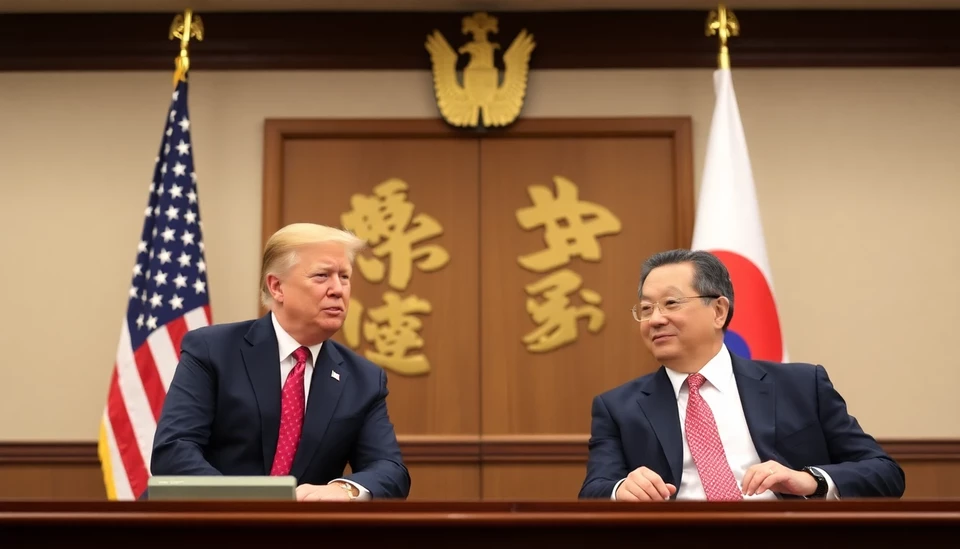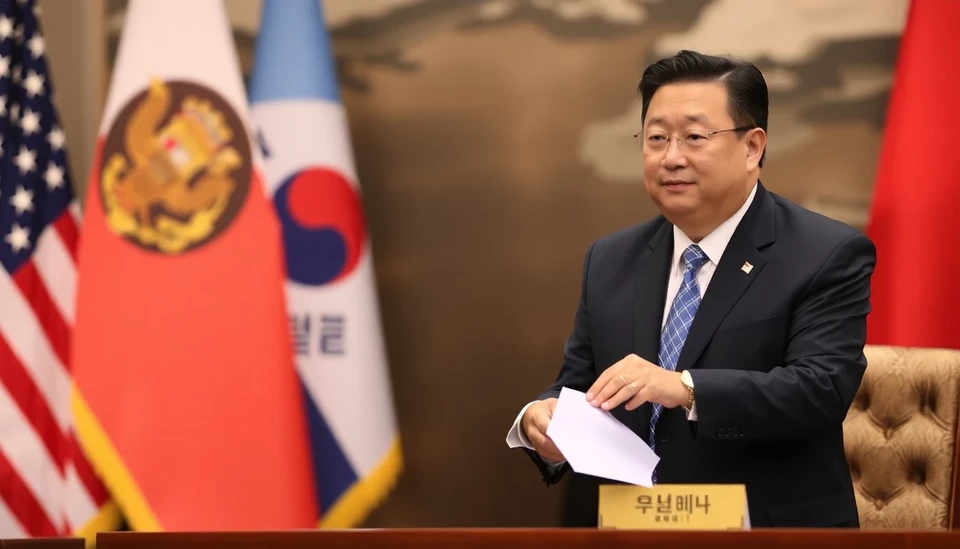
In a troubling development for South Korea's economy, early export indicators from February show a notable decline as manufacturers brace for the anticipated imposition of tariffs by the Trump administration. This decline paints a concerning picture for a nation that heavily relies on exports as a cornerstone of its economic growth.
The early data suggests that South Korean exports could slump by up to 5% compared to the previous year, igniting fears of economic stagnation in the country. Analysts are attributing this worrying trend to uncertainties surrounding international trade policies, which are compounded by the upcoming tariffs. As global economic tensions rise, South Korean manufacturers find themselves caught in a precarious situation, unable to predict the trajectory of their key markets.
The ramifications of potential tariffs are far-reaching, particularly for South Korean technology and automotive sectors, which are critical drivers of the economy. With major global brands like Samsung and Hyundai poised to be affected, the ripple effects could jeopardize thousands of jobs and diminish growth projections. Industry leaders are urging the government to actively engage in dialogues with the Trump administration, seeking clarity and potentially negotiating relief measures to protect their sectors from adverse impacts.
Importantly, the export slump is not merely a concern isolated to the technology and automotive industries; it affects various sectors that contribute to the economy, including petrochemicals and machinery. As such, South Korea's trade balance may face significant pressure, ultimately affecting its GDP growth rate. The government is on high alert, closely monitoring these developments while also strategizing on alternative markets to mitigate the impending fallout.
Economists predict that if these tariffs come into play, they could escalate into a trade war that would have devastating consequences for the global economy. The interconnected nature of modern supply chains means that disruption in South Korea's manufacturing could reverberate across the world, impacting both American and European markets that are reliant on South Korean goods and components.
In light of these developments, South Korean authorities are expected to release detailed analyses regarding the situation, alongside potential measures to combat the effects of tariffs. Public sentiment is increasingly anxious, with citizens concerned not just about economic downturns, but also about the long-term implications for South Korea's position in the global market.
As the deadline for the tariff imposition approaches, South Korea stands at a crossroads, with the decisions taken in the coming weeks likely to determine the trajectory of its economy for years to come. The ability to manage this crisis effectively may just prove to be a litmus test for the country's resilience in an uncertain global environment.
In conclusion, the future of South Korea's economy hangs in the balance as it faces this potentially devastating challenge. The outcome of the imminent tariffs could reshape the nation's export landscape, presenting an array of obstacles that will require decisive and strategic responses from both the government and the private sector.
#SouthKorea #Exports #Tariffs #Trump #Economy #TradeWar #Manufacturing #GlobalTrade #EconomyAnalysis #IndustryImpact
Author: Daniel Foster




